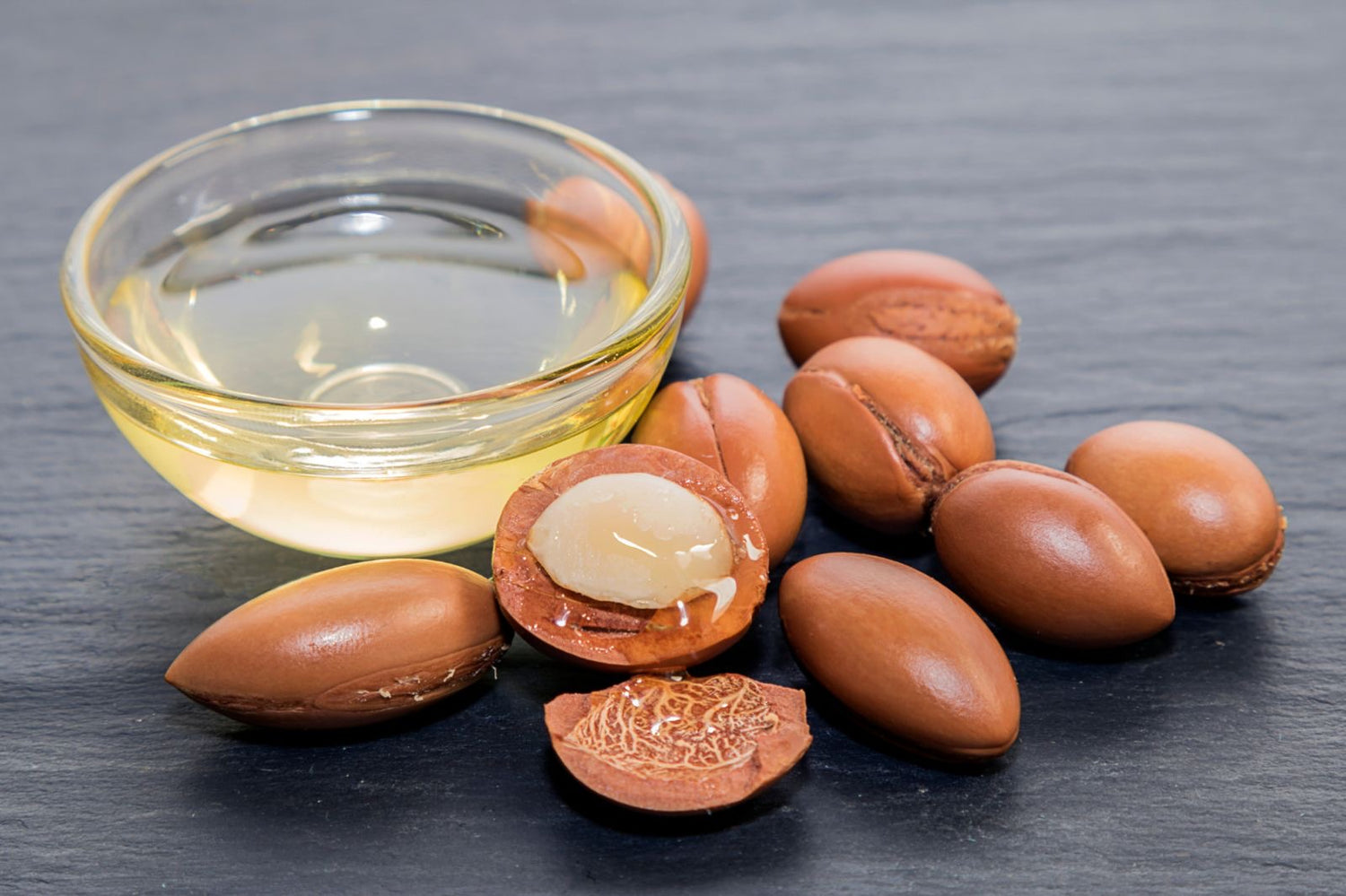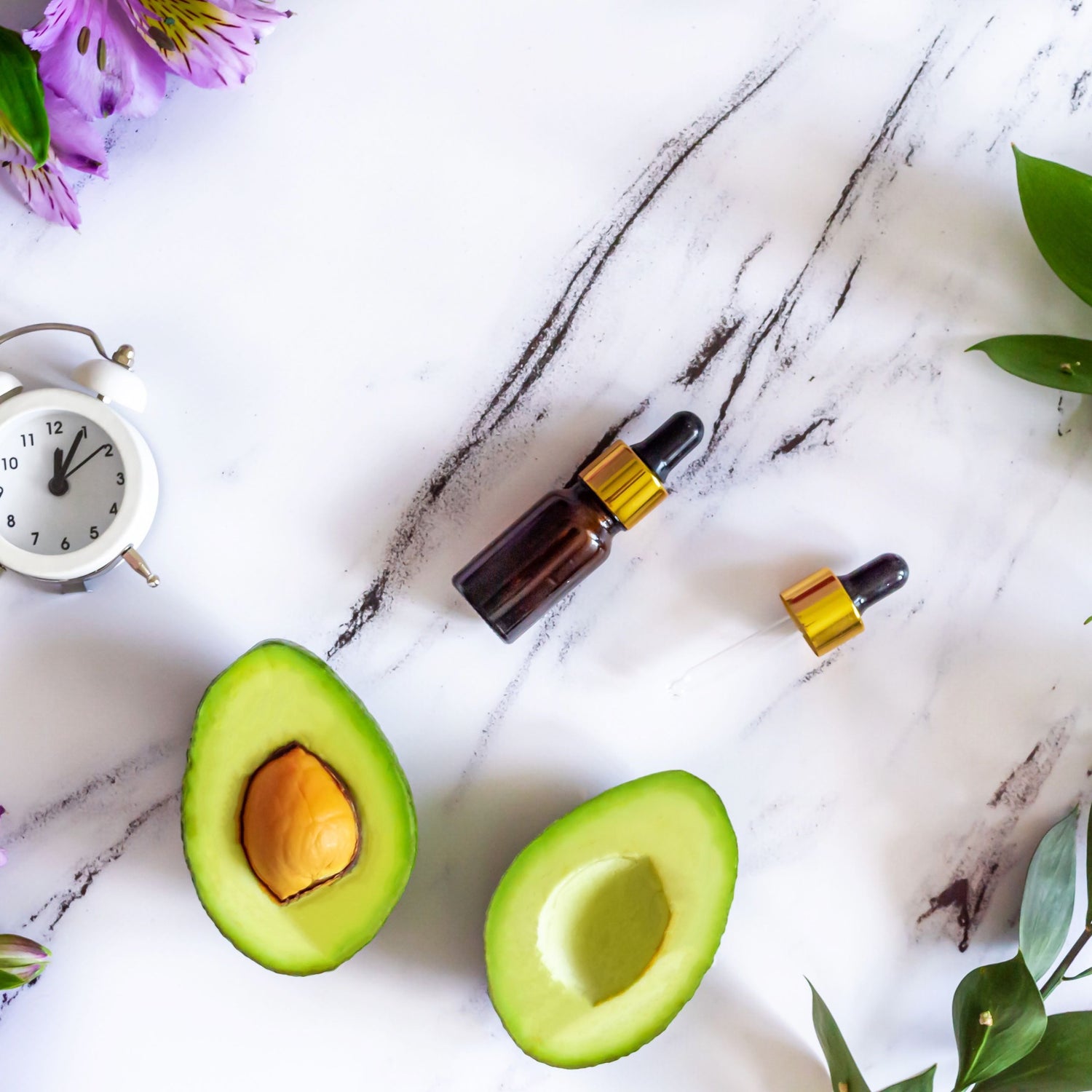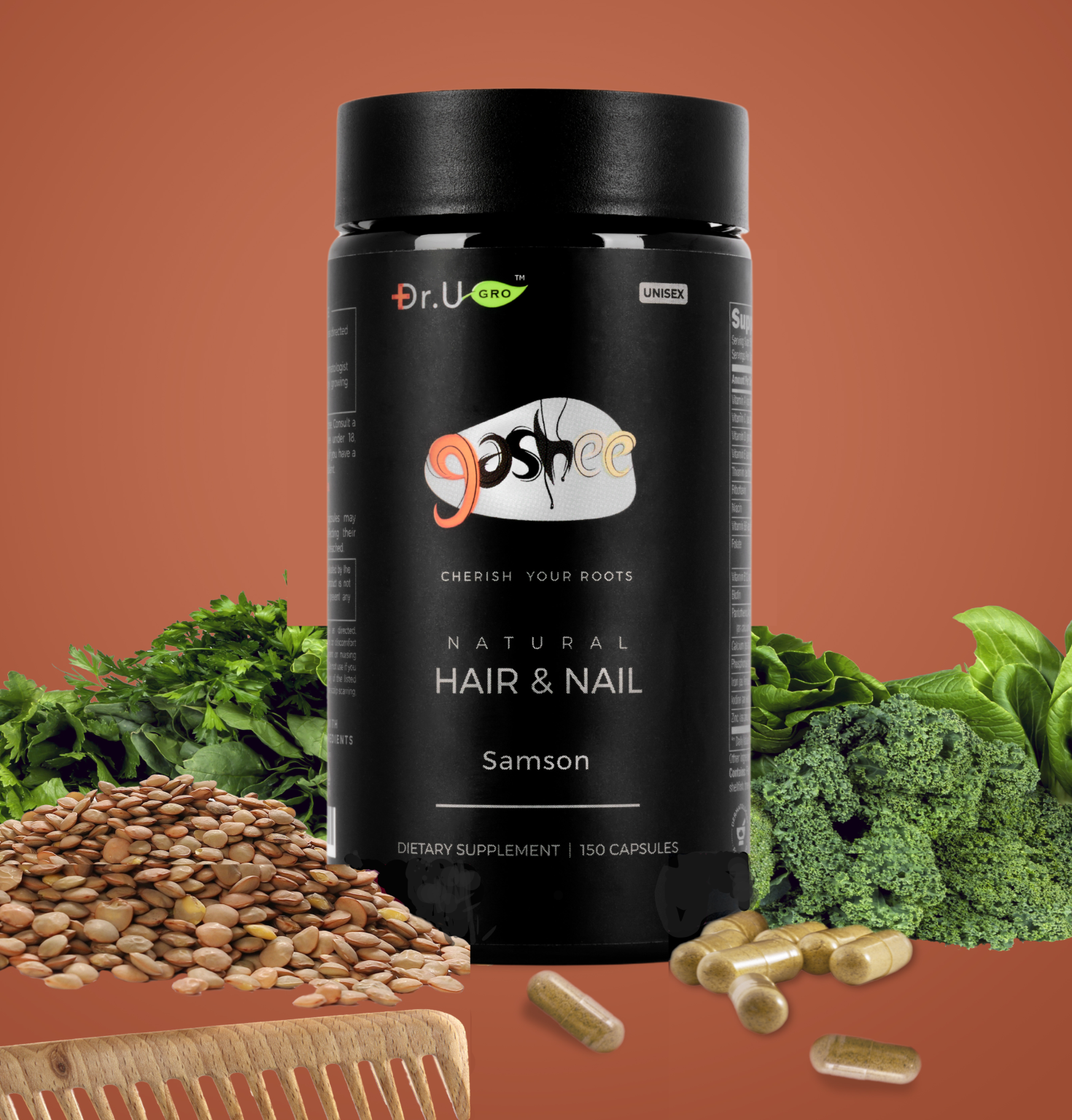What are Natural Skin and Hair Beauty Products?
More people than ever before, particularly millennials, seem to prefer beauty products that are considered natural. The interest can generally be defined as having minimal to virtually no synthetic chemicals, with plant botanicals as the main ingredient. Likewise, today's consumers are also attracted to label terms such as green, organic, and sustainable. Here is a closer look at the recent perspectives which are spurring this market trend, which then raises an important issue. Consumers must now have a much clearer understanding of what it means for a skin and hair beauty product to really be considered natural because many products fall short of these standards.

The Strong Demand for Natural Skin and Hair Beauty Products, Millennials Versus Other Generations
Interesting findings on the age-demographic preference for natural beauty products were published by Linkage, a Research and Consulting firm. The responses to various statements about hair and skin products were compared across Boomers, Generation X, Millennials, and Generation Z.
- 80% of Millennials believe that the products they use on their skin affect their health, compared to 66% of Boomers, 77% of Generation X-ers, and 78% of Generation Z participants.
- 80% of Millennials would agree that it's important to understand the ingredients in their skincare products. Likewise, 80% of Baby Boomers also agree with this statement, compared to 81% of Generation X, and 81% of Generation Z.
- 68% of Millennials voiced that the products they use on their hair can impact their hair. 60% of Boomers agreed with this statement, with 57% of Generation X sharing this belief, and 52% of Generation Z.
- 71% of Millennials feel that it's important to be aware of the ingredients in hair care products compared to 67% of Boomers, 69% of Generation X, and 58% of Generation Z.
The consulting firm also reports that in 2018, 40% of Millennials have expressed increasing their purchases of natural skin and hair products within the previous year, choosing to make the shift towards retailers who offer a natural assortment of beauty products. Allure also confirms these preferences in their article, "Millennial Women Want More Green Beauty Products."

According to actual scientific studies, the skin absorbs between 60-70% of topicals that are placed on it. Although perhaps not everyone knows this exact statistic, there is a strong awareness that what we put on our bodies does matter for our health and well-being.
Yet, with the immense preference for more natural choices for cosmetic and beauty products, the concept of what is actually considered to be natural is loosely defined and nebulous, at the moment.
Consumers, who are doing their best to avoid artificial chemicals may end up purchasing items that only seem to be a healthier choice simply because of how they are labeled.
The Term Natural For Personal Care Products and the Need for a More Specific Definition
According to Market Watch, the market for natural and organic cosmetics has been valued at $11,500 million U.S. dollars in 2018. It is projected to grow at a CAGR (compound annual growth rate) of 9.4% between 2019 and 2025 to reach an estimated value of $23,600 million by 2025.
The increasing demand for more natural beauty products has resulted in the widespread use of this term.
Currently, however, the FDA, as well as the USDA, or EU do not enforce specific definitions of what it really means for a product to be considered natural or organic.
In fact, just including one or two plant-sourced ingredients amidst numerous synthetic constituents, and using the word, natural, on a product is legally allowable. Manufacturers can also take liberties on the terms, free-of, and non-toxic as well.
Using the loosely-defined term, natural, may actually mislead consumers into making product purchases that are not quite so natural after all.
Despite the lack of strict regulations by the federal government and the European Union, there is an organization called the Natural Products Association (NPA) which issues a standardized certification, accompanied by an official seal. Natural personal and home care products which meet this criterion must be comprised of 95% ingredients which are natural or derived from natural sources. Certified products must also avoid any ingredients that were animal tested as well as those associated with health risks. Also, the fragrances and colorants must be 100% natural.
What to Look For In Genuinely Natural Skin and Hair Beauty Products

While an official seal issued by the NPA offers a good indication of how natural a product really is, there are also other useful indicators. Descriptive labeling terms to look for include the following verbiage:
- Vegan
- Cruelty-free
- GMO-free
- Eco-friendly
- Free of harmful chemicals, preservatives, or irritants
Another consideration to think about is that natural products are only as good as the quality of their ingredients in their final packaged state. Most people would want to benefit from bio-active ingredients, not components that are bio-dead. It is actually a rather common practice to use heat in order to kill bacteria and evenly mix and emulsify liquid ingredients, to prevent them from separating into layers. At the same time, heat will also denature, oxidize or destroy important bio-active constituents. So in addition to looking at the list of ingredients on a package, also see if you can find out how the ingredients were processed. It is a good idea to choose natural hair and skin products that underwent cold-processing, a new advancement that has emerged in the production of natural beauty products. Any heat that was present in the manufacturing phase did not exceed room temperature.
There is something inherently satisfying about the notion of using consciously crafted grooming products that are harmoniously aligned with nature itself. But without specific definitions of what it means to be natural, we are only indulging in a mere concept. Transitioning to a lifestyle that is more in harmony with the earth and personal well-being requires the clarity to discern between what only seems to be natural versus what actually is.
Not all brands which market themselves as being natural offer products that abide by all the criteria which define the certification standards of the National Products Association. But Dr.UGro does.





